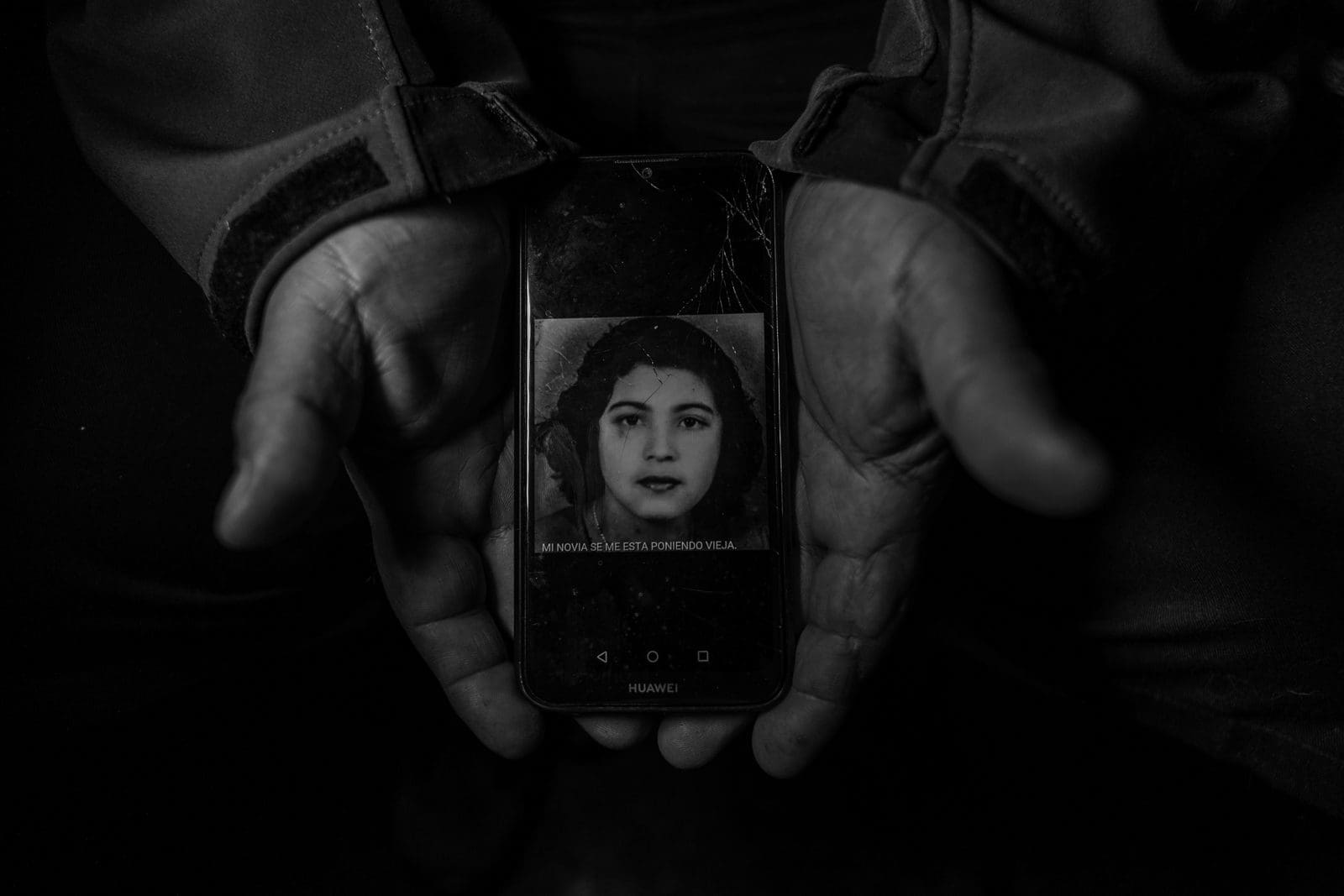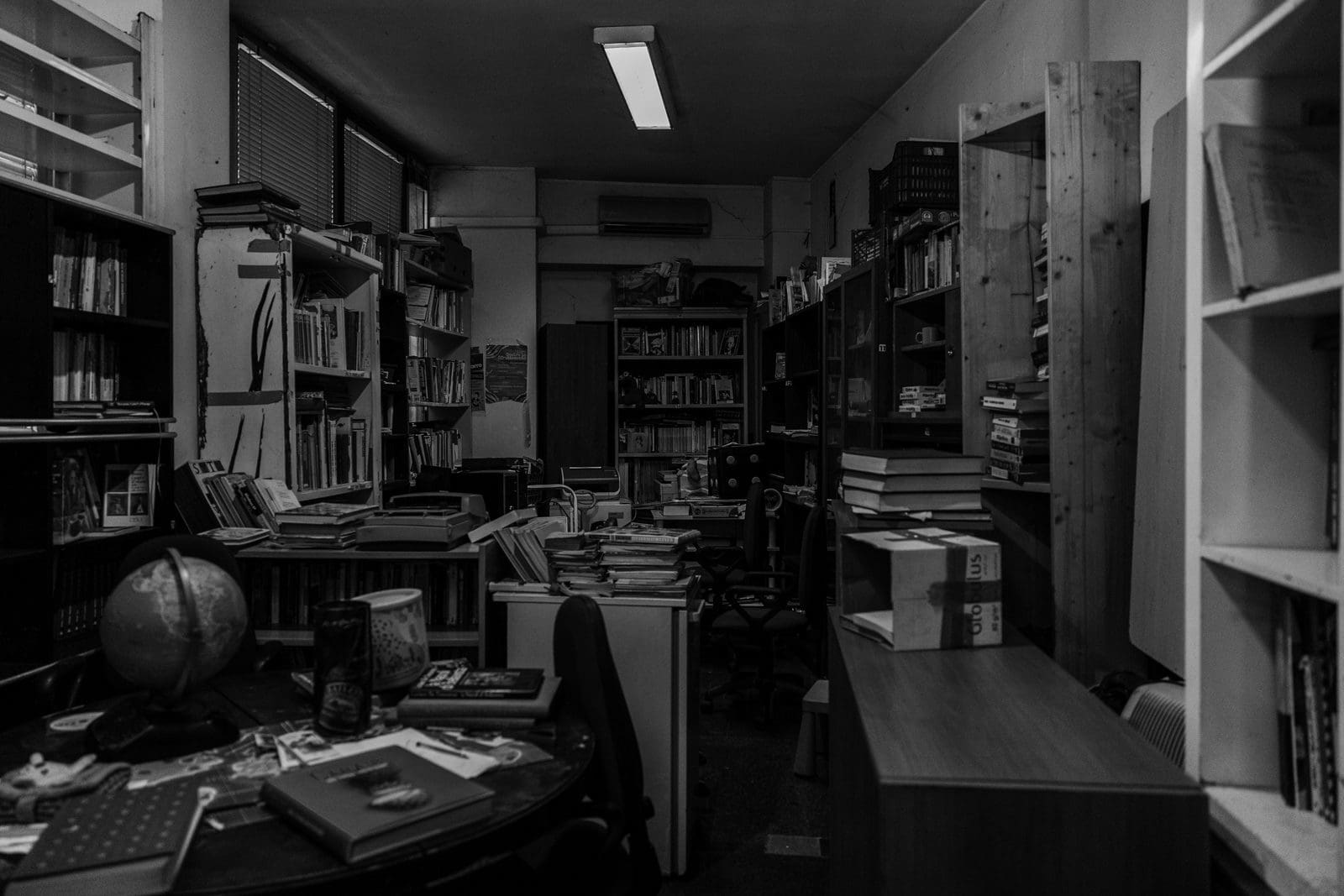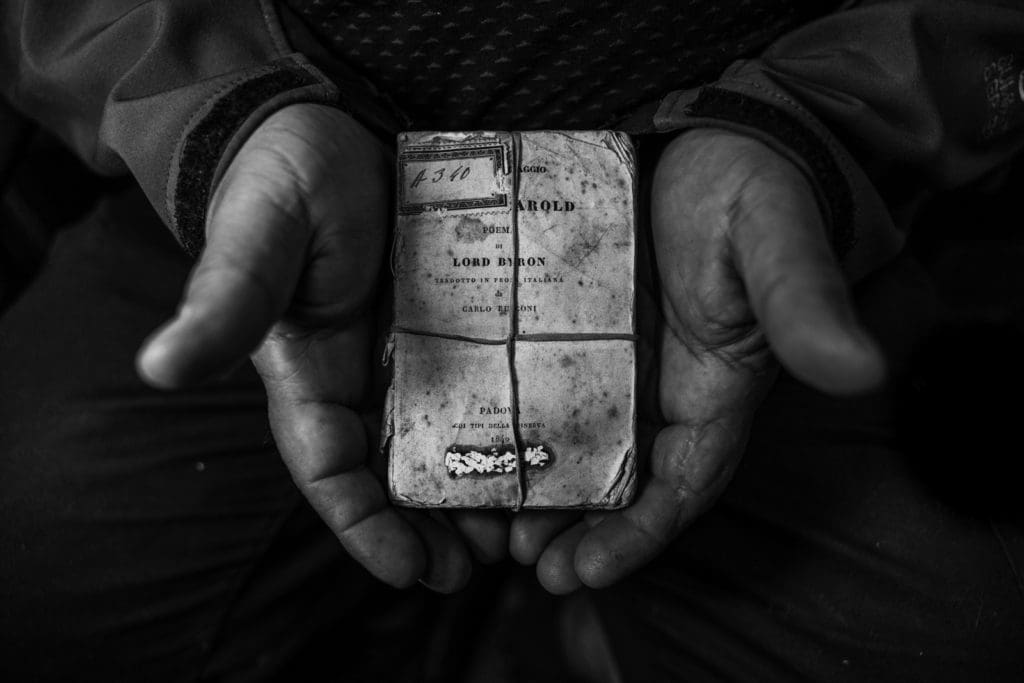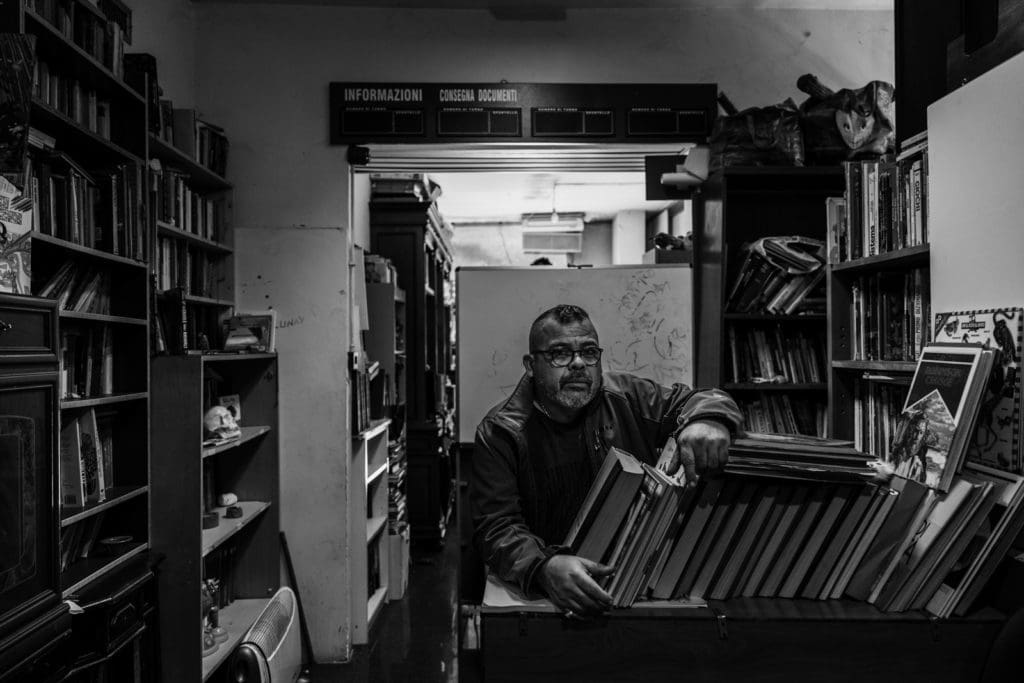Rafael is a man whose life has scratched every single furrow in his skin.
He has done it sometimes unfairly, sometimes undeservedly, but he has done it. He did this because thinking outside the box, being a man of ‘thought’ – as he calls himself – inevitably leads to consequences.
Life deals the cards and deals them once. You cannot replay them, you can only bet on what you have. You can only hope that in the ceaseless coming and going of the world a moment will come when your hand is the best. Rafael is still waiting for this moment. He has been waiting for it since he fled Venezuela in 2013 due to the death of Chàvez, who Maduro succeeded. For a man of ‘thought‘, living under the cumbersome shadow of a dictator becomes unbearable. It becomes even more so when you are not only a thinker but also an activist, a professor, and a journalist. Siding in the front line against your government leads to consequences, your hand cannot win. It is always the banker who wins.
There is no other solution left, then, but to begin that long coming and going of life. One can only hope for a better hand.

The banker wins
Hope, very often, in literature as in real life, turns into a journey. A journey that in our days is assimilated with a negative connotation, a political tone, a tone of diversity.
First Cuba, then Iran, and Italy. This was the journey Rafael had to go through.
Traveling also means knowing, but in this case it means mostly running away, admitting one’s guilt.
And so it is that once in Italy, once in Rome, comes that fateful call that sanctions Rafael’s defeat: “Don’t come back, they’ve seized your home.”
A few simple words, epigraphic, like an epitaph on the grave in Lee Masters’ Spoon River Hill. The banker always wins. The banker won this time too.
Useless claims for asylum as a political refugee, useless attempts at clarification.
The bench won, the professor knows it, the “thinking” man knows it, Rafael knows it. From this moment on, life begins to scratch Rafael, and begins to rub the man. Like a rock polished by the gulf wind.
Thus begins a life on the streets, in Rome, Italy.
First Termini station, then San Gregorio al Celio. Discrimination begins, with feeling unfairly out of place for a fault that is not yours. One has to wait for a better hand, a hand that can give some hope. This hand comes for exactly the reason why he can no longer return to Venezuela, because of his political thinking. Helping him in times of difficulty is in fact the occupation of Viale delle Province, near the Verano. The epitaph this time has a different ring to it, smelling of hope.
A roof over a man’s shoulders of “thought” can serve not only to protect himself but to invent. Rafael is about to catch a good hand. Through the occupation network in Rome and through various donations he manages to establish within the occupation something never seen before: a library.
The Mondo Piccolo Library.



The Mondo Piccolo
A library, a space of inclusion par excellence, within an occupation is in itself an oxymoron but at the same time a confirmation. It is a confirmation because you want to create aggregation among the various “condominiums,” but above all you want to create inclusion with the outside world.
Employment is a gray reality made up of various entities that manage to rebuild a dignity and fight for the right to housing. At the same time, however, it overrides the laws, creating tension between what is inside and outside. A library unhinges this thread and, in addition to opening the mind, also opens up hitherto impassable boundaries.
It is a ‘Mondo Piccolo” (small world) because it is the small world of a man who never gave up and backed down and kept on playing, even knowing that the banker would win. It is a world into which Rafael takes refuge and which he opens up to give refuge. That same refuge that he was denied. It is a world that tries to replace the one he left, the one of which, after so many years, he only remembers the smells. However, the banker always wins, this time with a bitter sweet ending. The eviction means the end of the library, but also a home for Rafael. Maybe ‘el Tiempo’ will one day bring new energy, bring a better end.

